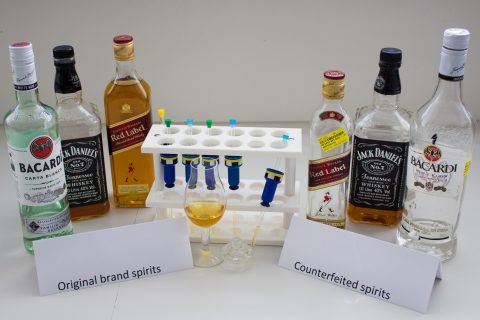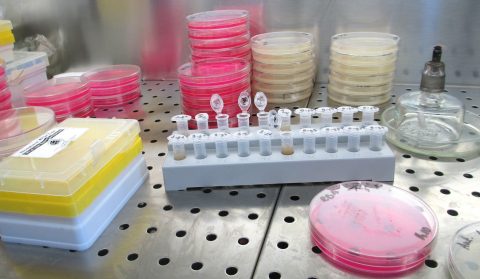It is a human right to access safe, voluntary family planning, but there is an unmet demand for contraceptives, with millions of women either lacking access to information or services, or do not feel they have reproductive control. For World Population Day, we take a look at the recommended research to improve reproductive health and advance contraceptive use.
In June, a DNA analysis of over 200 ancient cat remains from Viking graves, Egyptian mummies and Stone Age Sites, revealed how the cat was domesticated and how it efficiently spread across the globe. This inspired us to paw through our recommended articles on the other findings made about felines based on their genetics. We also include our usual top 3 articles for the month and our Hidden Jewels.
Research published in F1000Research, discusses the public health issues arising from the unregulated trade of alcohol. One of the authors, Dirk Lachenmeier, explains the potential harm to underage drinkers; the hazards due to toxic ingredients such as methanol; and the potential harm of increased drinking volumes due to low prices and high availability on the internet.
To date, F1000Research has published more than160 software tool articles and we’re looking for more! In publishing the details of your software tool and making it open source you can make a real difference to the research of others. Hollydawn Murrary highlights some recent Software Tool Articles published on F1000Research and announces a new call for papers.
In honour of International Women in Engineering day on 23rd June, Chloe-Agathe Azencott is June’s featured Faculty Member of the Month. A research scientist at the Centre for Computational Biology of MINES ParisTech and Institut Curie (Paris, France) since 2013, her enthusiasm for problem solving and seeking new knowledge drew her into engineering.
With the rapid advance of technology and modern medicine the number of people becoming centenarians or even supercentenarians (living past 110) is increasing, with the United Nations predicting that we will see nine times as many people living for over a century by 2050. Eleanor-Rose Begg from F1000, summarises the research on aging and looks at the impact it has on us both physically and neurologically.
Fleur Braddick, Peter Anderson and Antoni Gual, members of the research network, ALICE RAP, published an opinion article to explain why it is time to re-think addictions and why we need to redesign the governance of drugs in Europe and globally.
Throughout May, there were many discussions and reports about the current uses and future possibilities of artificial intelligence (AI), with AI and health care appearing to be a major theme. In recognition of this, we are highlighting the top 3 recommended articles in the area of AI in this month’s blog post, which we have decided to rename, and for those Transformers fans out there, you will see the link to this month’s theme. We also include our usual top 3 articles for the month and our Hidden Jewels.
A recent Opinion Article by Jan Voskuil, Aeonian Biotech, discussed the challenges in validation of research antibodies. It was openly peer reviewed by Michael Weller, Federal Institute for Materials Research and Testing (BAM), Germany. In this blog, both discuss these challenges, the reproducibility crisis and open data.
Nick Riddiford is a postdoc in developmental biology in Institut Curie in Paris. Last year he surveyed scientists to find out more about their working practices. He published his results on F1000Research as a research article. He explains more here about why he carried out the survey and what he thinks needs to change.













